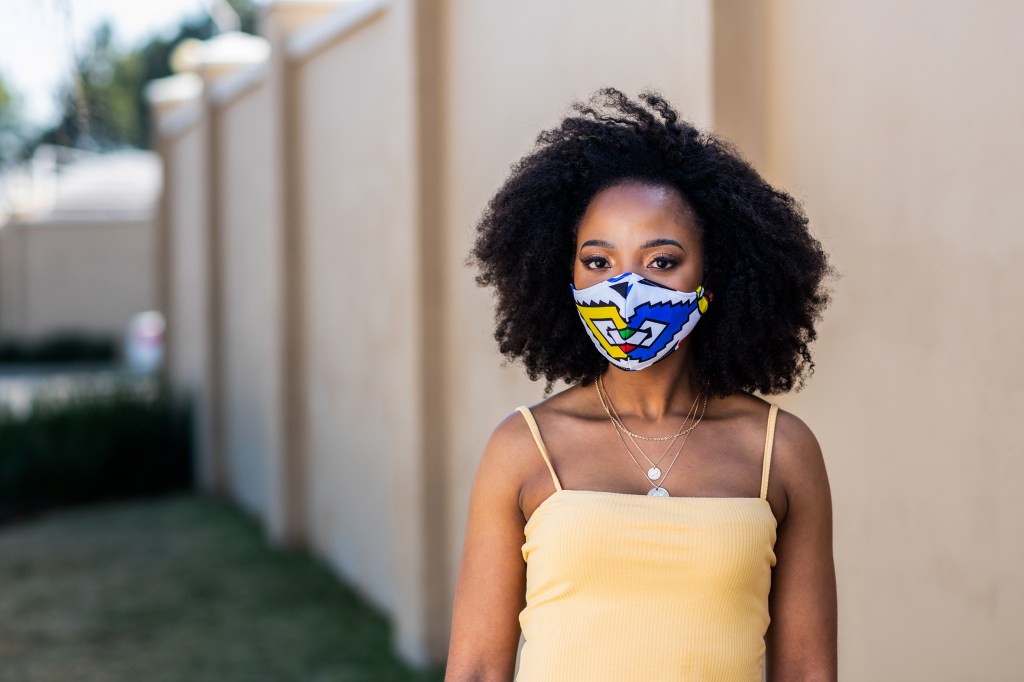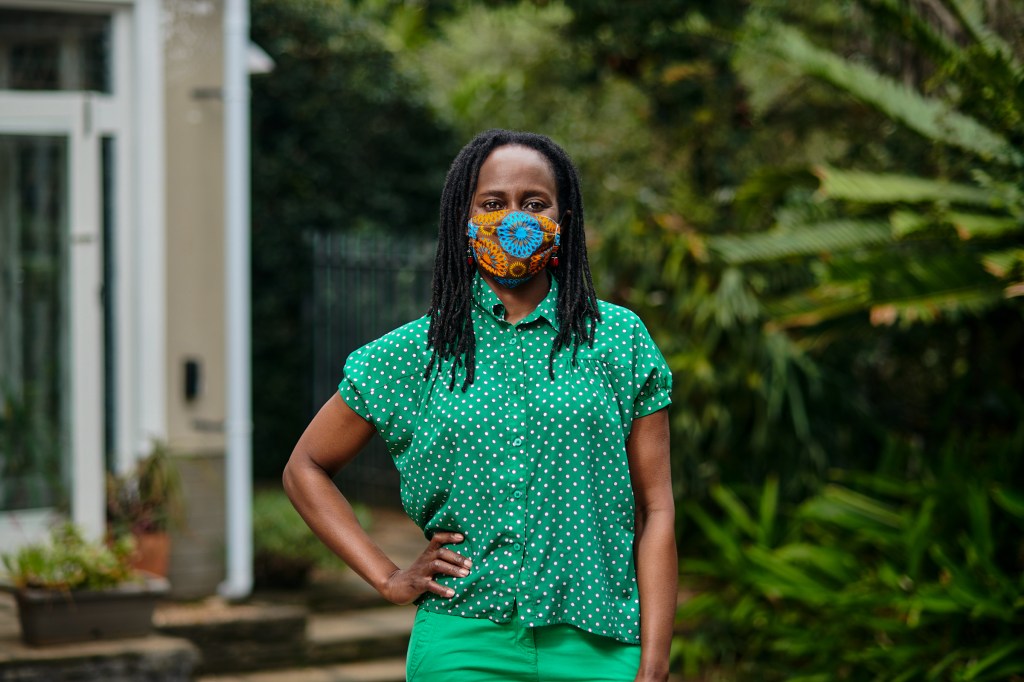Hosts on Airbnb stand ready to safely reopen – and they need to be heard
Updated 5 August 2020: The South African government has released new regulations related to COVID-19 and the reopening of the tourism industry here. The regulations allow hotels, lodges, bed and breakfasts, timeshare facilities, resorts and guesthouses to open their doors to people travelling within their own province, but specifically exclude “short term home -sharing /letting /leasing /rentals”.
We will be intensifying our efforts in calling for hosts on Airbnb to open alongside other tourism accommodation providers.
As South Africa is getting ready to safely and carefully reopen intraprovincial leisure travel, hosts who use the Airbnb platform to make ends meet, stand ready to safely welcome guests. Their voice, stories and their significant contribution to the South African economy should not be ignored, as currently they are at risk of being left out in the cold. Short term rentals should reopen in line with other forms of accommodation.
Hosts on Airbnb were surprised to hear in a media briefing held 30 July, the Minister of Tourism announce that intraprovincial leisure travel is open with one explicit exception, “short term home -sharing /letting /leasing /rentals”. A regulation which seems to prevent individuals and families from renting a private self-catering unit but allows them to congregate with large groups in hotels and hostels is surprising to say the least and is impossible to reconcile with public health concerns. We cannot believe that the intention is to deliver such a blow to South Africans, people who in 2018 contributed R8,7bn to the South African economy, supporting the equivalent of 22,000 jobs.

Protecting public health is Airbnb’s priority and we have always respected Government regulation – being mindful that the decision to reopen is best left to the appropriate Authorities. Hosts on Airbnb have remained patient and have quietly worked to donate masks and do good work in their communities. Airbnb has supported the most vulnerable hosts via a fund of R1 million – especially important since they were not covered by state support mechanisms.

In preparation for the right time to reopen we have worked hard on the Airbnb Enhanced Cleaning Protocol and sought to make it relevant to South Africans. We were delighted to announce our partnership with two South African owned and based startups, SweepSouth and PropaClean to train hosts, cleaners and domestic workers in these cleaning protocols. We are particularly proud of this collaboration as it doesn’t just benefit our host community and their guests but it also practically and sustainably opens up new opportunities both to South African startups as well as cleaners and domestic workers who are key to the safer reopening of the economy.
We have been engaging with the Department of Tourism, and have shared the Enhanced Cleaning Protocol, together with a comparison* to other industry standards and Ministry directions. The Airbnb protocol in all cases meets or exceeds industry standards for cleaning and sanitisation in South Africa and has been awarded a Safe Travels seal by the World Trade and Tourism Council. The measures are also informed by guidance from the EU and US Centers for Disease Control and Prevention, as well as advice from former Surgeon General of the United States, Vivek Murthy.

We fear that if the regulation to be published is in line with Minister Kubayi-Ngubane’s statements, the country will miss a significant opportunity to support its citizens at a uniquely challenging time – excluding people from opportunities to earn an income, and to participate equally and fairly in the national economy.
This cannot be the intent of the Presidency and the Ministry of Tourism who have always planned to “take further measures to reduce regulatory barriers and develop emerging tourism businesses”, called “on all South Africans to open their homes and their hearts” and, as per the National Department of Tourism’s own stated Vision, to grow an inclusive and sustainable tourism economy through innovation.
The Airbnb host community and the Airbnb team stand ready to continue this conversation. Together, we call on the Authorities to not discriminate among tourism accommodation types as they reopen.

*Comparison between the Department of Tourism directives and voluntary protocols of which we are aware with those already available through the Airbnb platform.
| Others | Airbnb | |
| Cleaning Protocols | Bedrooms only The Department of Tourism’s directions on risk-adjusted strategy for tourism facilities and services (“June Tourism Directives”)* provide detailed requirements for bedrooms in tourist accommodation. |
All spaces Airbnb’s cleaning protocols detail and include directions for the cleaning and sanitisation of bedrooms kitchens, living spaces, outdoor areas and entry and exit spaces. |
| Knowing who the host is for compliance purposes | Voluntary declaration The TBCSA’s Standard Tourism Industry Protocols for COVID-19 Operations provides for a pledge of adherence to the protocols. |
Host needs to pass a test The Airbnb cleaning protocol provides a pledge AND a test that each host needs to pass before they attain the badge that indicates that they are following Airbnb’s enhanced cleaning protocols. |
| Knowing who the host is for compliance purposes | Voluntary mechanism The TBCSA’s Standard Tourism Industry Protocols for COVID-19 Operations provides for a voluntary mechanism whereby a centralised portal may in the future be developed where all businesses in the sector will register as part of an online evidence-based reporting system. |
Happy to set an industry voluntary mechanism. We are happy to participate in any conversations with the rest of the tourism accommodation sector to create a common solution. |
| Knowing who the host is for compliance purposes | No process for checks There have been some declarations that “accredited and licensed accommodation” is traceable, however there is no specific accommodation businesses list nor does a process for spot checks exist. . |
Constant checks The benefit of the platform is that conditions are “checked” by each guest before and after every stay. If any other checking process is set we would be happy to direct hosts on how to follow it. |
| Record keeping with respect to guests | Can keep records According to the June Tourism Directives, establishments or facilities must keep a record of certain details with respect to all guests and employees, which must be made available on request of the Minister. |
Can keep records There is no problem with us issuing recommendations to hosts on the platform on keeping a record with respect to all guests and employees. We are happy to issue this guidance at any point. |
| Repercussions | No repercussions To our knowledge, neither the Amended Level 3 Lockdown Regulations, the June Tourism Directions, nor the TBCSA voluntary protocols provide for enforcement, checks or repercussions for non-compliance. |
Cannot host on Airbnb A specific and dedicated process exists in Airbnb Customer Service department which allows for an immediate alarm to be raised on conditions and the repercussions range from re-education for low incidents to taking people off the platform. |
*Directions on the Risk Adjusted Strategy for Tourism Facilities, Services and Products issued in terms of the Regulations made under the Disaster Management Act, 2002 published under Government Notice 356 in Government Gazette 43487 of 29 June 2020 (June Tourism Directions).